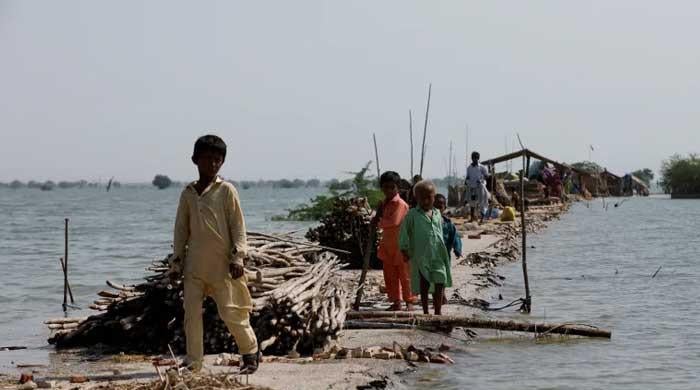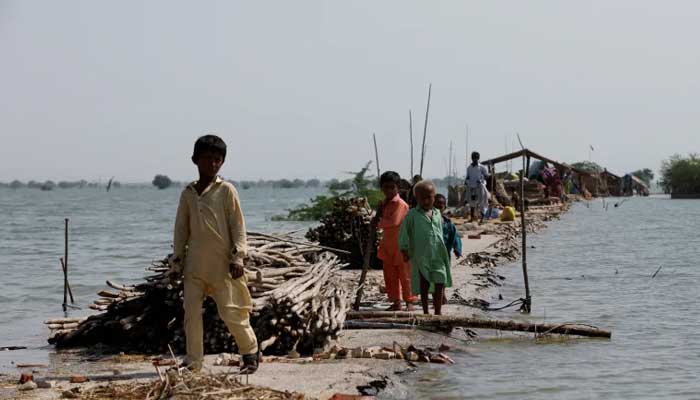In boost to SBP foreign reserves, Pakistan receives $500m from ADB


The central bank on Thursday announced that it had received $500 million from the Asian Development Bank (ADB) under the Climate Change and Disaster Resilience Enhancement Programme (CDREP), aimed at fostering Pakistan’s perseverance against natural calamities.
The inflow, which will be included in the State Bank of Pakistan’s (SBP) foreign exchange reserves data for the week ending November 29, 2024, set to be released on December 5, 2024, help boost country’s import cover and stabilise currency.
Earlier this month, Pakistan and the ADB signed a $500 million loan agreement to boost the country’s perseverance against catastrophes triggered by natural hazards and the impacts of environmental crises.
The programme aims to foster Pakistan’s institutional capacity for planning, preparedness, and response. It would help promote inclusive investments in disaster risk reduction and climate resilience while supporting the scaling up of disaster risk financing through a risk-layered approach.
It enhances coordination for disaster monitoring and response. It supports enhanced planning and prioritisation of gender-sensitive and resilient public investments, including integrated flood risk management and nature-based solutions.
Pakistan is one of the most vulnerable countries to climate change and disasters triggered by natural hazards in Asia and the Pacific. The ADB said average losses from disaster events exceed $2 billion per year, adding that women and other vulnerable groups were disproportionately affected by climate change and disaster events.
Apart from funding for the CDERP, the bank had also approved a technical assistance grant of $1 million to support implementation of the programme.
Pakistan, in November, also launched its first National Climate Finance Strategy (NCFS) to tackle the growing challenges of global warming with a strategy of mobilising funds for climate mitigation and adaptation efforts. The strategy focuses on increasing climate-related investments, attracting international financing, and enhancing domestic financial systems.
Finance Minister Muhammad Aurangzeb and Prime Minister’s Coordinator on Climate Change Romina Khurshid Alam jointly launched NCFS at the Pakistan Pavilion in Baku on the sidelines of the two-week UN-led global climate conference (COP29) on November 15.
“It is a moment of pride for us to be able to roll out Pakistan’s first-ever climate finance strategy, a major step in our commitment to a sustainable and climate-resilient future,” PM’s climate aide Romina Khurshid Alam said in her keynote remarks at the launching event.
Explaining the strategy, she said that the climate finance strategy outlines a path to bridge the significant climate finance gap facing Pakistan—a gap we estimate at $348 billion by 2030 for our climate-resilient and low-carbon development goals.



